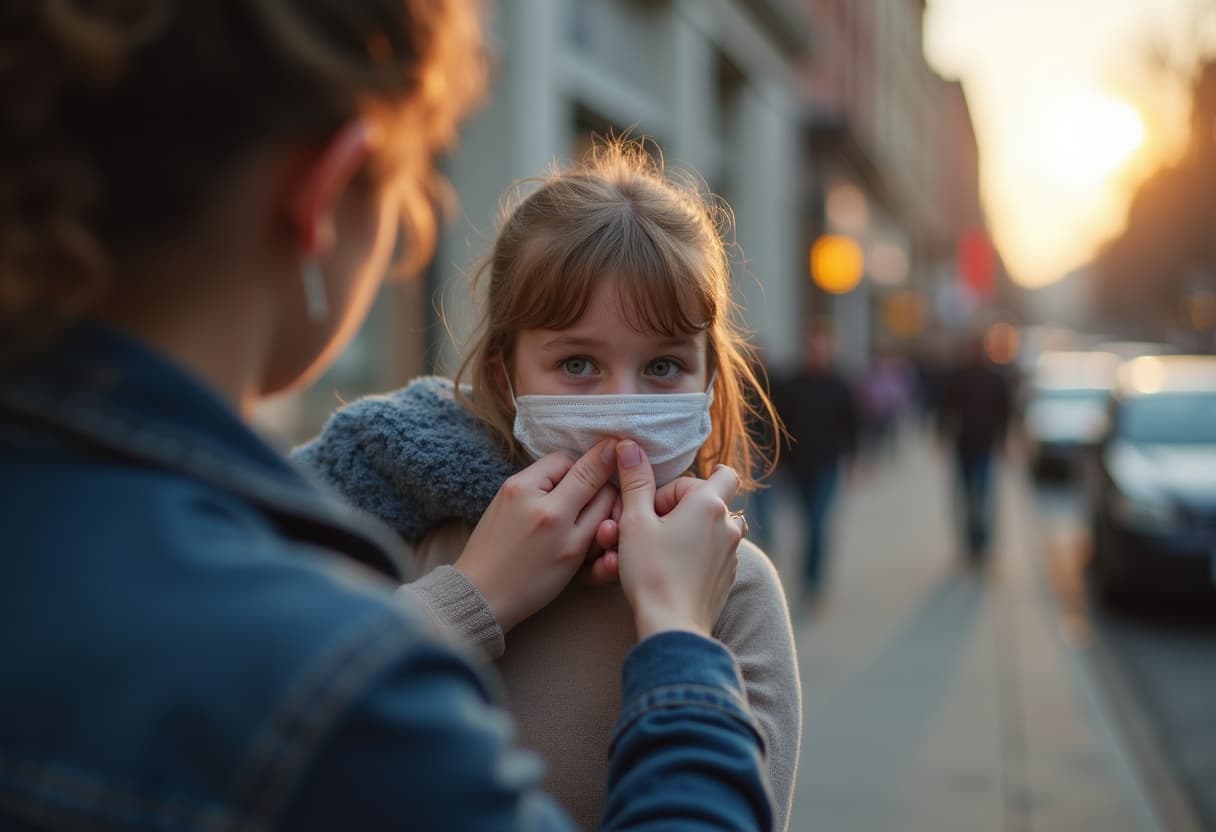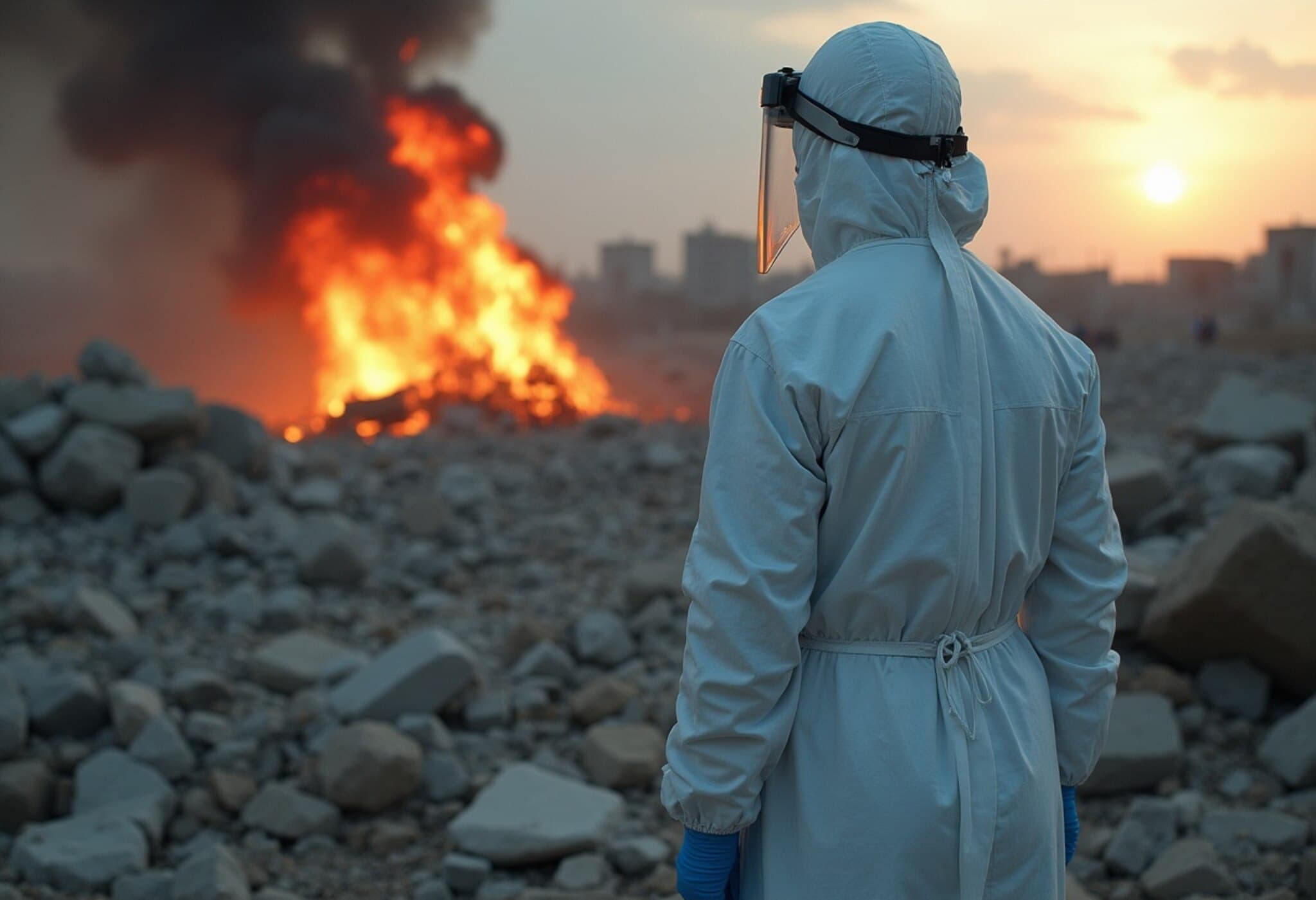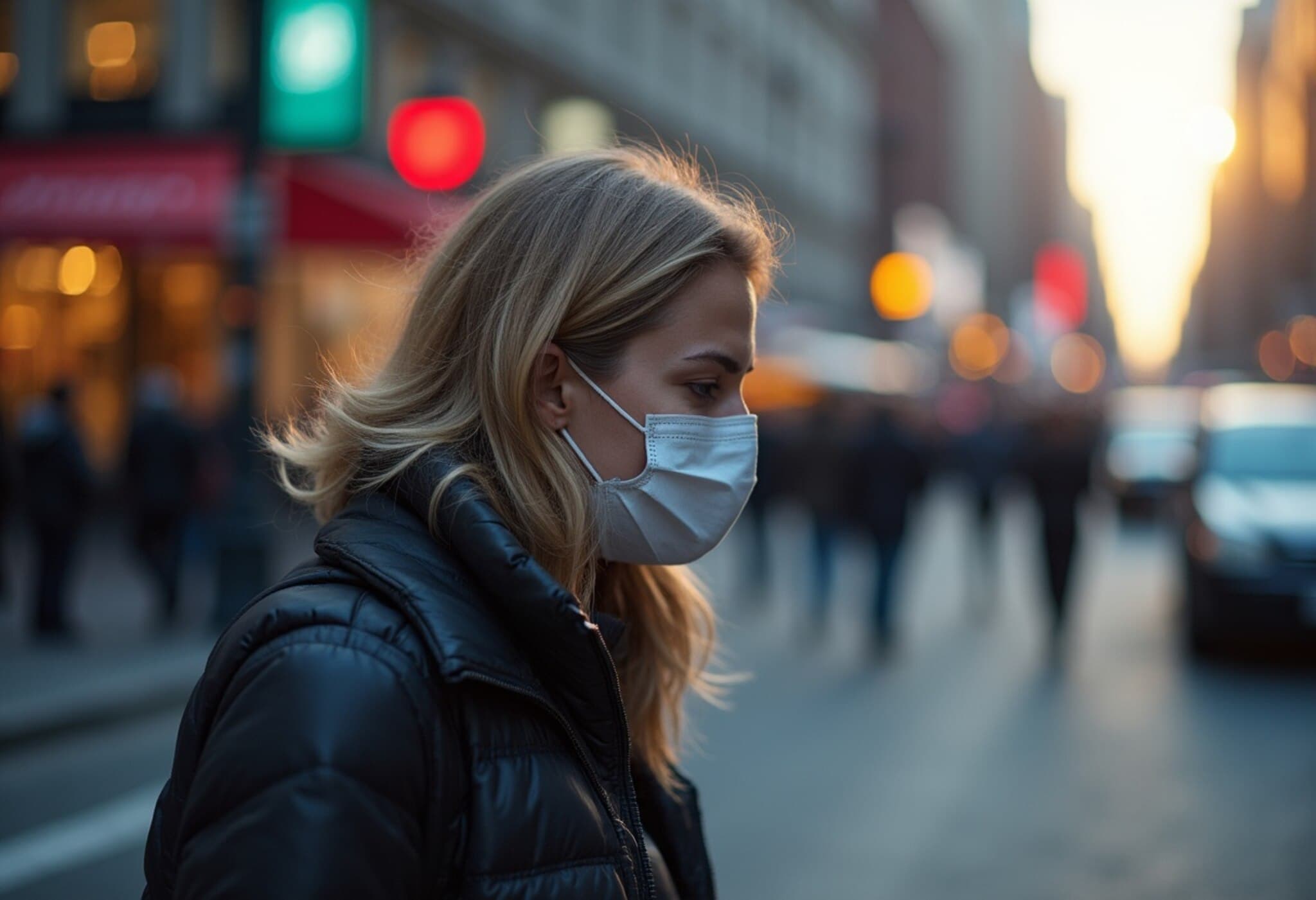Alberta Faces Alarming Measles Resurgence Amid Vaccine Hesitancy
Alberta, Canada, once heralded for eradicating measles by 1998, now grapples with a stubborn resurgence of this highly contagious disease. The province, comparable in size to Texas, has recorded over 1,600 measles cases in 2025 alone, a stark contrast to just one case in 2023. This outbreak is primarily concentrated in rural Mennonite communities with historically low vaccination rates — some as low as 30%.
The Heart of the Outbreak: Isolated Mennonite Communities
Many of the affected areas, including Bow Island and Taber, are home to culturally conservative Mennonite groups originally tied to Mexico. These communities predominantly speak Plautdietsch, a Low German dialect, and maintain close-knit, insular lifestyles. Although there is no religious doctrine explicitly opposing vaccines, many in the community rely on traditional remedies and avoid mainstream medical interventions.
Sara Krahn, a Mennonite mother, shared her experience treating her son’s measles rash at home with vitamins and ointments, reflecting a common attitude in the community: “My mum said we all had them when we were young.” Such perceptions undermine public health efforts, even as measles can cause severe long-term complications like blindness, deafness, and neurological damage.
Wider Vulnerabilities: Declining Vaccination Rates Province-wide
While Mennonite communities form the epicenter of the outbreak, Alberta’s broader population is also increasingly at risk. Since the Covid-19 pandemic, routine vaccination rates have dropped significantly. In 2019, approximately 80% of seven-year-olds in Alberta were fully immunized against measles, but that figure had fallen to 72% by 2024 — well below the 95% coverage deemed necessary to achieve herd immunity.
This erosion partly stems from a growing skepticism of vaccines, fueled by controversies around Covid-19 immunizations. Dr. Stephen Freedman, a pediatric emergency physician in Calgary, notes, “We kind of knew we were set up for potential outbreaks.” Alberta’s permissive approach, allowing students to attend public schools without mandatory proof of vaccination, contrasts with provinces like Ontario and New Brunswick, where immunization mandates helped suppress measles circulation.
Public Health Response and Challenges
As the outbreak concentrated in rural pockets, Alberta Health Services ceased detailed contact tracing, opting instead for blanket travel advisories against visiting northern and southern parts of the province. Kristi Bland, spokesperson for Alberta Health Services, explained that with the number of cases escalating, broad communications help manage public safety effectively.
Health authorities have also accelerated immunization schedules in affected areas and increased outreach efforts within Mennonite communities. However, some local doctors argue these measures fall short. Dr. Eric Baker, an emergency physician in Raymond, Alberta, warned: “This is more than just a little flare-up. We’re kind of the world epicenter.”
Broader Implications: A Warning Signal for Public Health
Alberta's measles outbreak exemplifies a troubling trend: vaccine hesitancy's ripple effects following the pandemic have diminished decades of progress against preventable diseases. The World Health Organization recently reported that measles cases doubled in Europe last year, reflecting a global challenge.
Contagious diseases like measles serve as a barometer for community immunity. As immunization rates fall, outbreaks can cascade, potentially paving the way for other vaccine-preventable illnesses to return. The current outbreak in Alberta and linked cases in Mexico, where over 3,700 infections and 12 deaths have occurred — particularly in Mennonite populations in Chihuahua — underscore the urgency.
Voices from Within the Community
Not all Mennonites resist vaccination. Michael Hofer, from a Hutterite colony near Medicine Hat, advocates for immunizations, stating, “If you can get protection, why not take it?” Such perspectives highlight the diversity within conservative religious communities and suggest potential pathways for more effective public health engagement.
Conversely, individuals like Franz Wieler, whose unvaccinated daughter suffered severe measles symptoms, reflect the difficult decisions parents face amidst misinformation and cultural beliefs. Despite the illness’s severity, vaccine skepticism persists, underscoring the complex, emotional landscape of public health communication.
Conclusion: Navigating the Intersection of Culture, Policy, and Public Health
The resurgence of measles in Alberta offers a cautionary tale about the consequences of declining vaccination coverage and the limits of voluntary vaccination policies. With highly contagious diseases like measles, individual choices ripple across communities, threatening vulnerable populations and public health infrastructures alike.
Alberta’s distinct stance on immunizations — emphasizing personal choice over mandates — has fueled debate among health professionals about the best path forward to protect citizens, especially children. As communities grapple with historical skepticism, economic hardship, and pandemic fatigue, tailored outreach that respects cultural values while emphasizing vaccine benefits becomes imperative.
Editor’s Note
This outbreak underscores not only the vulnerability that stems from vaccine hesitancy but also the need for nuanced, culturally sensitive public health strategies. It raises vital questions: How can medical authorities bridge trust gaps in insular communities? What policy measures can balance individual freedoms with collective safety? The Alberta case presents an urgent opportunity to reassess and innovate public health outreach in the post-pandemic era.














